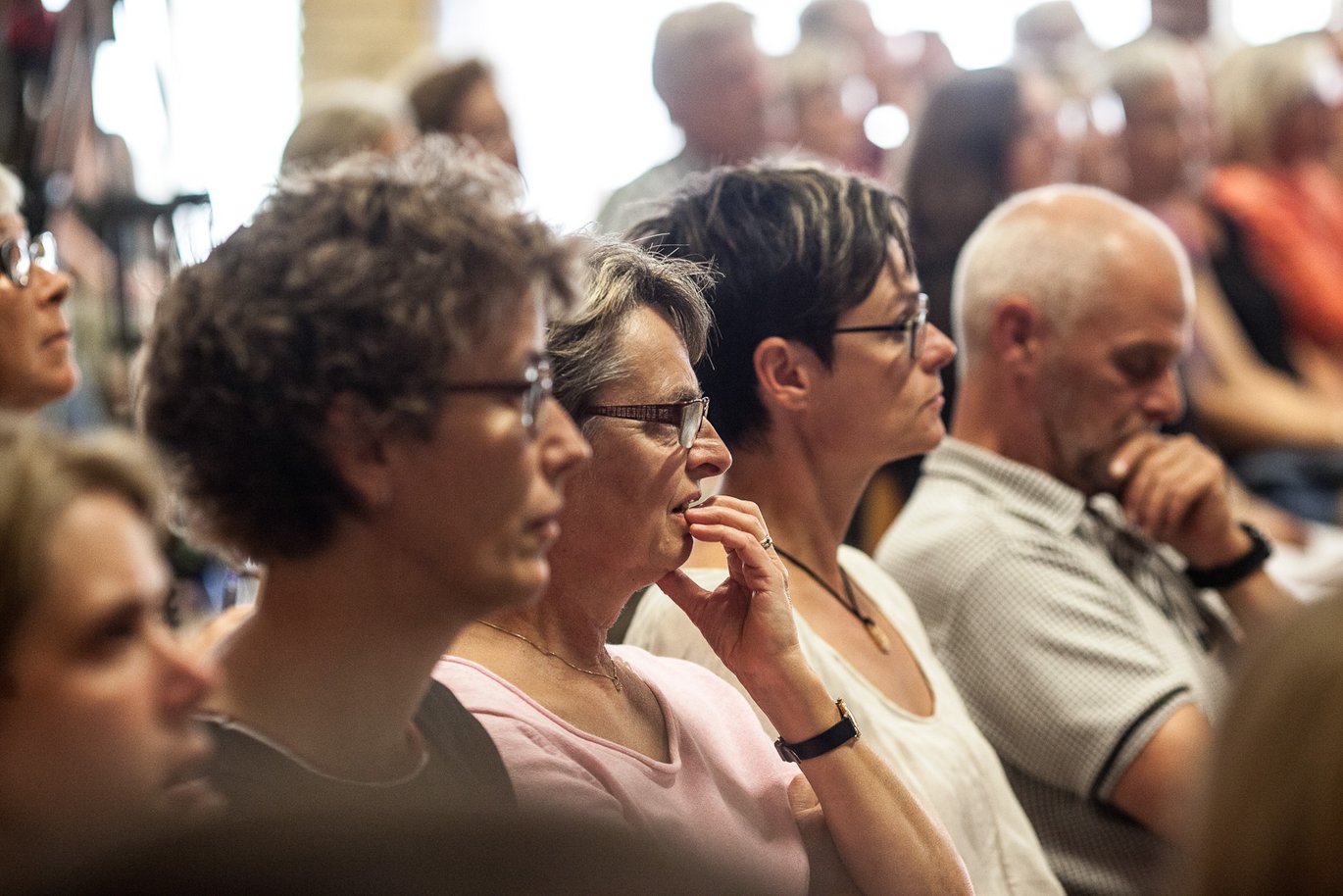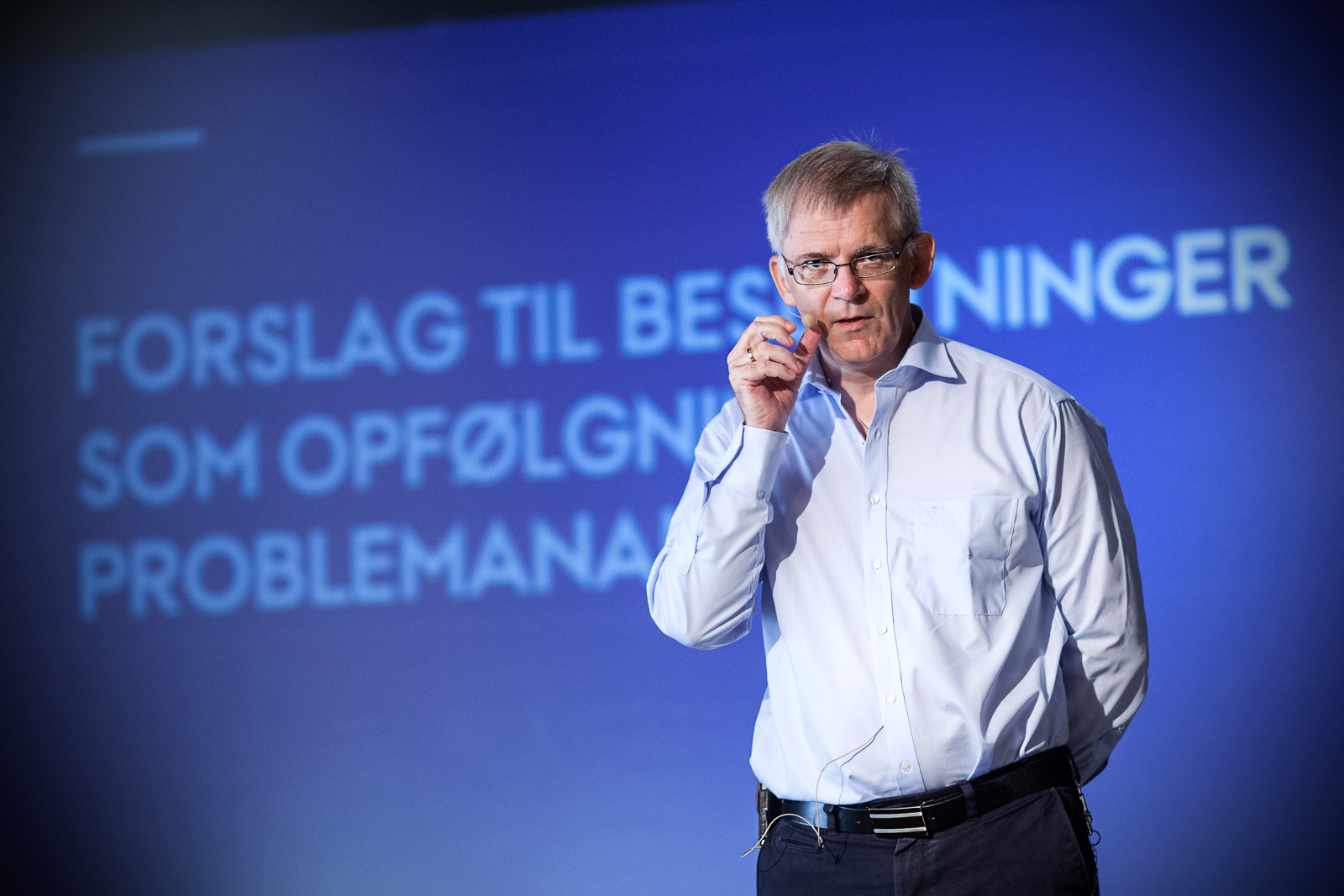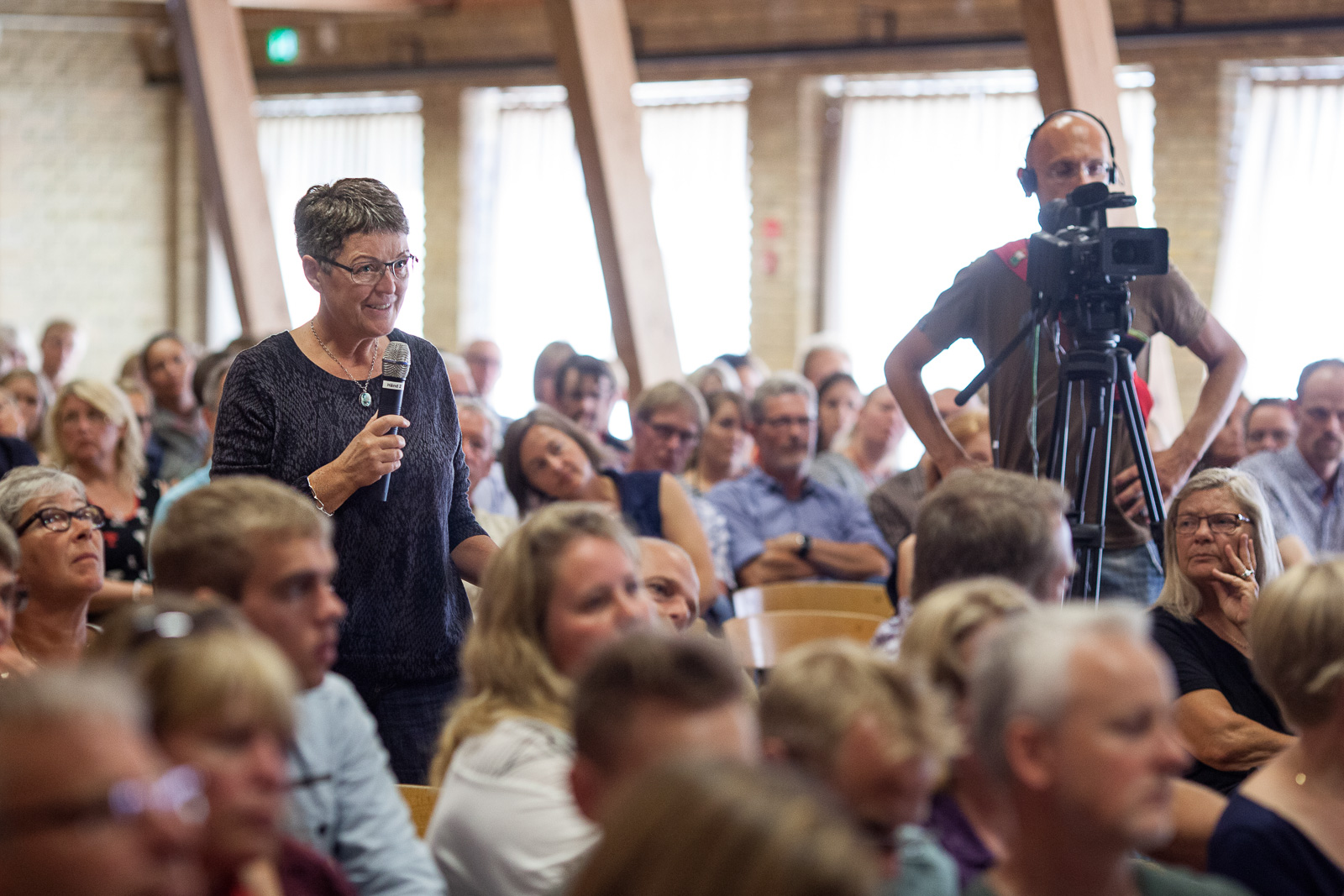The senior management team proposes a drastic cure
The diagnosis has been made. And the senior management team is proposing strong medicine to cure the organisational maladies that an internal expert group identified before the summer holidays – and which AU has been suffering from since the far-reaching reorganisation of the university just over three years ago.




Rector Brian Bech Nielsen and the rest of the senior management team are preparing the ground for such fundamental changes to the present organisation and structure of the university that their overall proposal for solving AU’s problems can be understood as a break with the centralisation and standardisation the previous management proclaimed as a cure-all when they reorganised the university in 2011.
Four faculties and a unified administration
The current senior management team has made it clear that the proposed changes will not alter the overall structure of four faculties and a unified administration. An organisation that, according to the management, has the aim of maintaining and improving AU's opportunities to make an impact as an international, research-intensive university.
But within this framework the senior management team proposes fundamental changes which will mean a greatly reduced central administration, a more transparent management structure, an inclusive management culture, and a senior management team that communicates in a way that is more in sync with the rest of the university.
Employees and students will have the opportunity to make their views on the management’s proposals known in a consultation process which runs from Friday 15 August until Friday 19 September, following which the senior management team will make its final decisions.
Omnibus presents a brief summary of some of the senior management team's proposals.
Greatly reduced central administration
"Please don’t be nervous. This is not a new round of dismissals," said the rector, addressing himself to the administrative staff in particular, before presenting the proposed organisational changes to the administration at a meeting in Stakladen on Friday 15 August.
The senior management team proposes reducing the central administration (back office) from the current nine units, each with its own deputy director, to four or five units which will in future collectively be known as the central administration. The central administration will be responsible for handling general functions related to the university as a whole.
At the same time, the senior management team proposes that the administration centre managers should take over management and personnel responsibility for the administration centres (front office). The administration centre managers will refer to both the university director and the dean, partly to ensure that each faculty has control over the costs of its administration centre and partly to ensure cohesion in the administration across the university.
With this organisation the senior management team believes that it will meet the need for an administration that is in a better position to keep its finger on the pulse because it is closer to the departments and centres.
Managers
- now with defined roles and responsibilities
The senior management team proposes making the structure of the line management more transparent. One proposal is for the creation of management teams who know their roles and powers at all levels of the organisation. In addition, they propose that the individual manager on one level also participates in the management of the level above to ensure that decisions made at a given level are made based on the best possible level of information for each level of the management hierarchy.
At the same time, the senior management team proposes greater delegation of responsibility to the managers at the various levels. They argue that real involvement of employees in decision-making presupposes that the managers have sufficient decision-making powers at their own level.
The senior management team therefore proposes that the deans delegate responsibility to the department heads based on an intention to strengthen their room for manoeuvre – and here the senior management team points out that delegation is important in relation to the areas of finance, appointments and dismissals.
An accessible management
- deans back to the faculties?
The senior management team has also addressed the question of accessible management. They propose that the large departments which are also a result of the reorganisation in 2011 should include a sub-organisation in sections or sectors with managers who are visible during the working day.
In connection with the question of accessible management, the deans might consider ringing for a removal van, as another proposal from the senior management team is that the dean and the dean’s secretariat – which will in future be called the faculty secretariat – should relocate to the faculty itself in situations where this makes sense.
The senior management team
- in sync with the rest of the university
Neither has it gone unnoticed by the senior management team that it has received failing marks in communication with employees and students, most recently in the expert group's report. The senior management team therefore proposes altering its communication strategy – and just as importantly its communication practice – to a form of internal communication characterised by debate and dialogue at all levels of the organisation.
The senior management team is also ready to revise its branding strategy from the ground up. Adopted in 2011, the strategy aimed to ensure that AU was promoted externally as a unified university. The senior management team is breaking with that decision by proposing that the individual faculties, departments and centres should in future be allowed to promote their own unique strengths and identities in relation to the outside world.
Rector Nielsen: No decisions will be made until the consultation process has ended (medarbejdere.au.dk/en)
Translated by Peter Lambourne.

